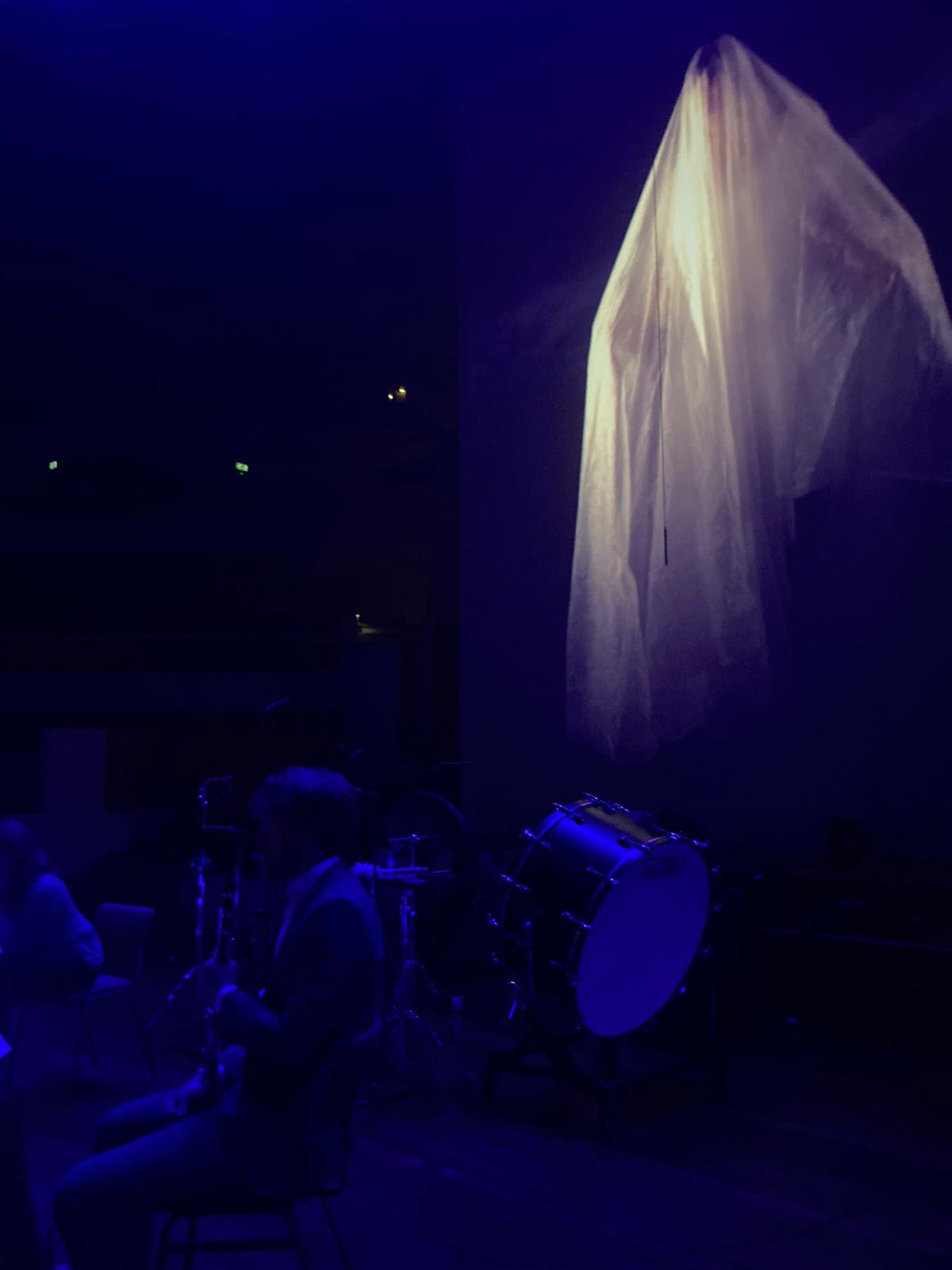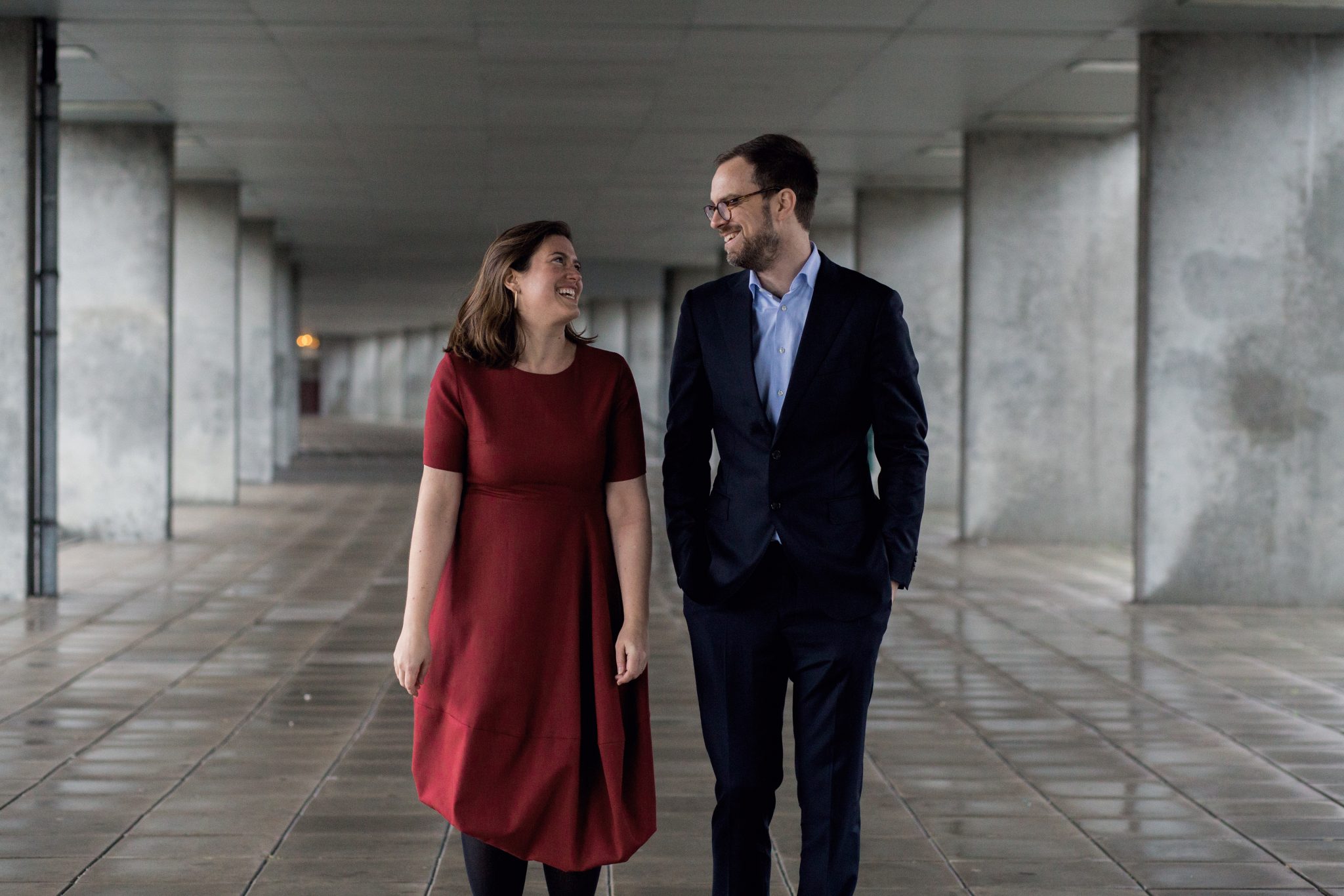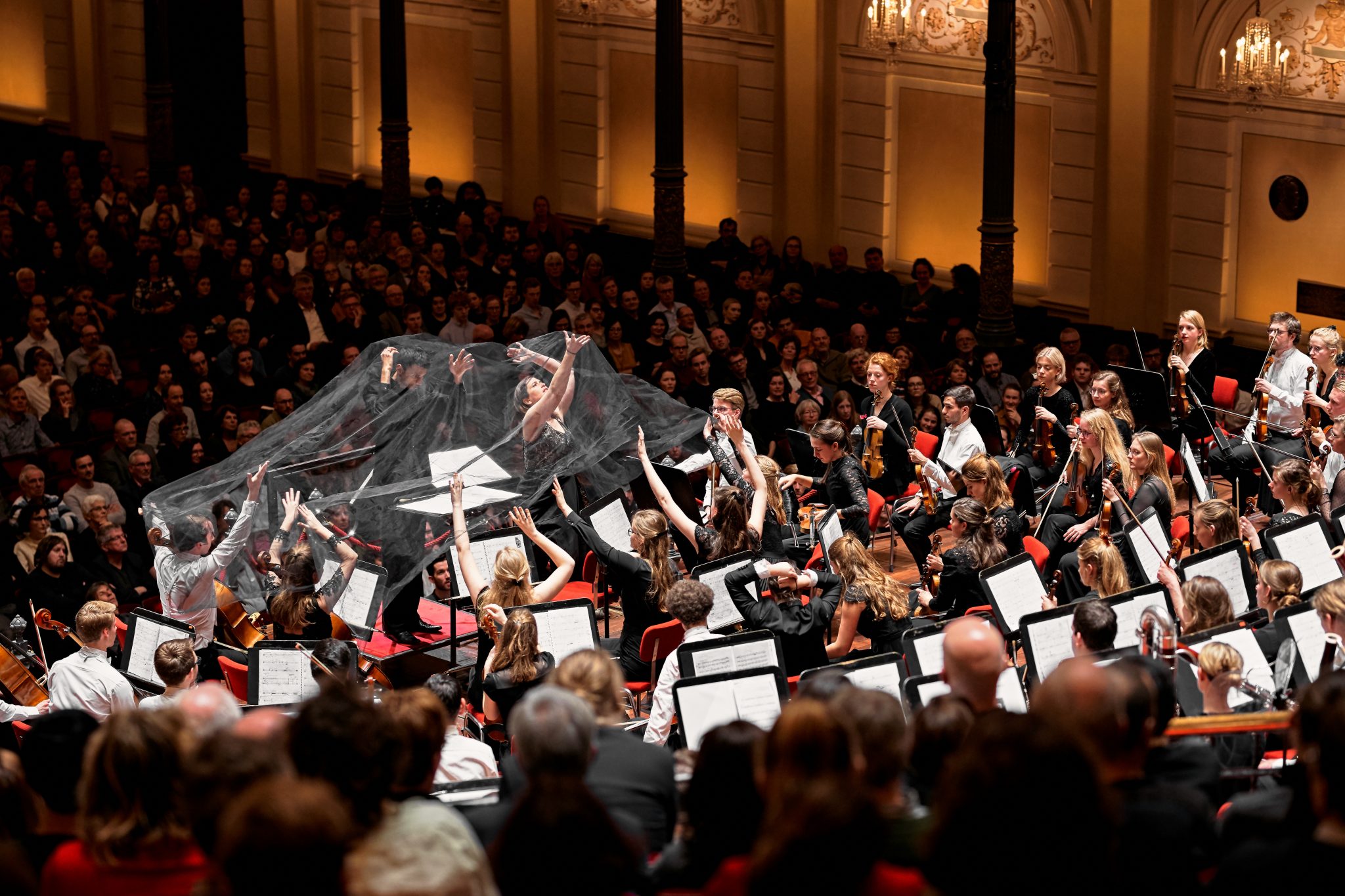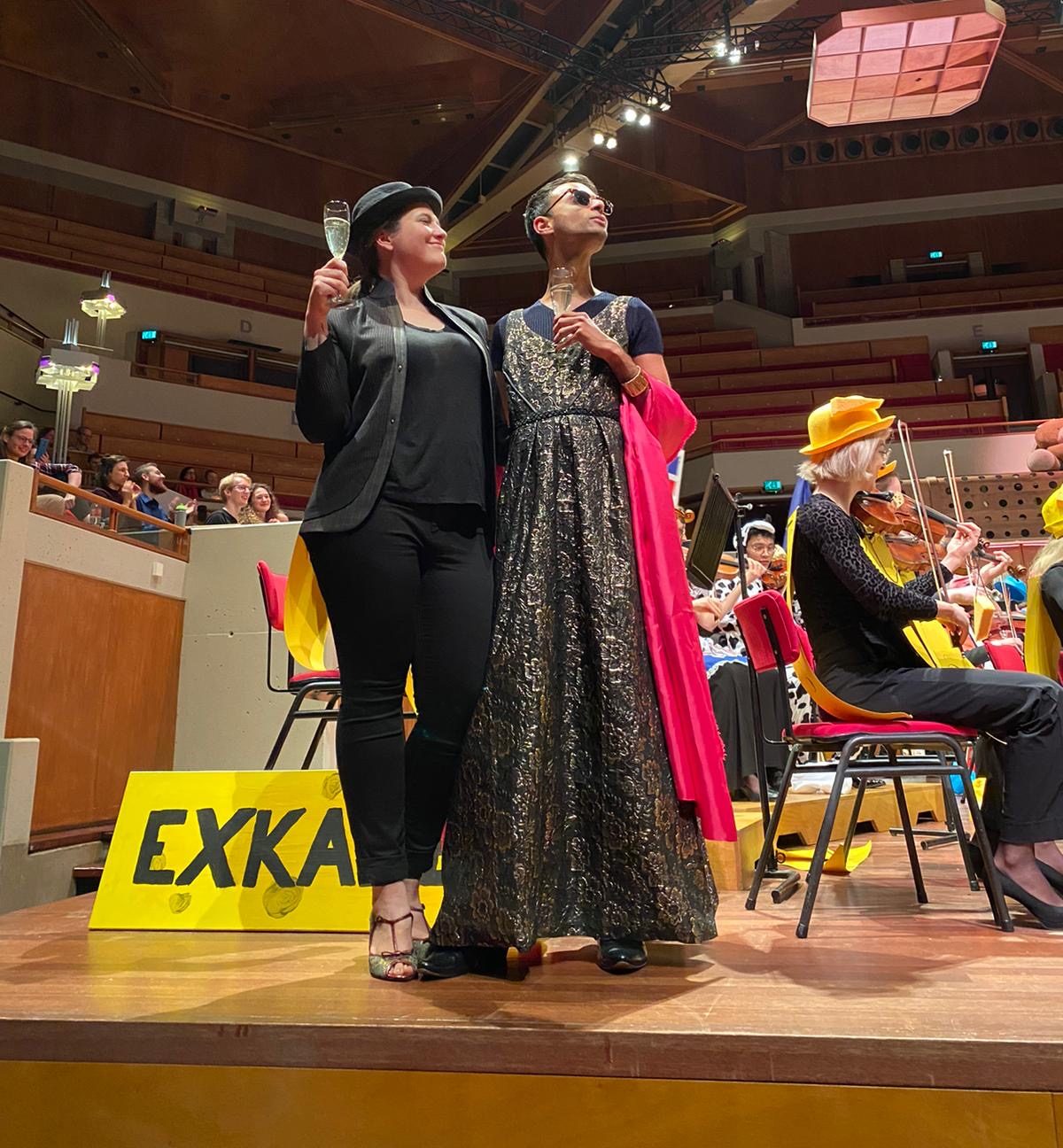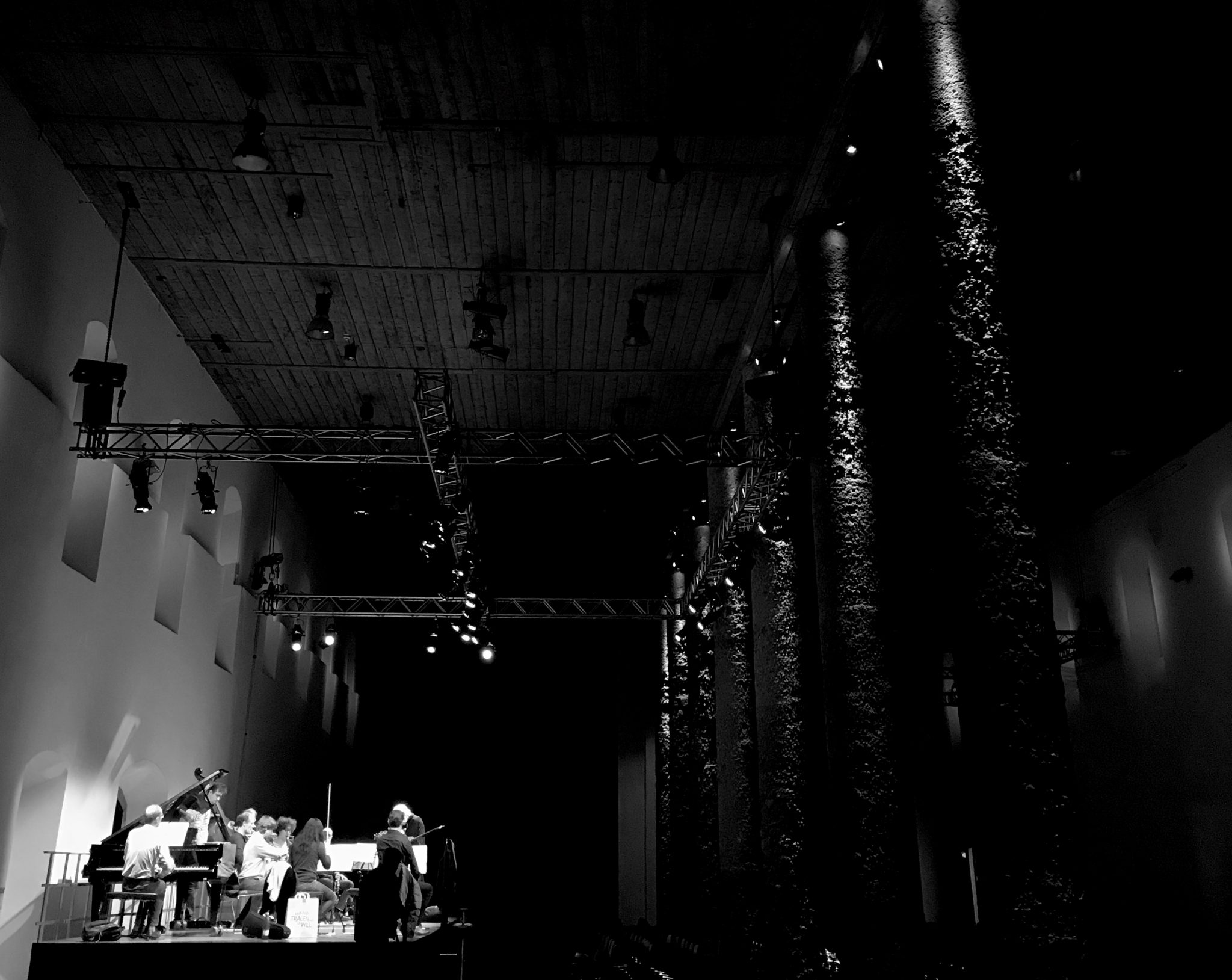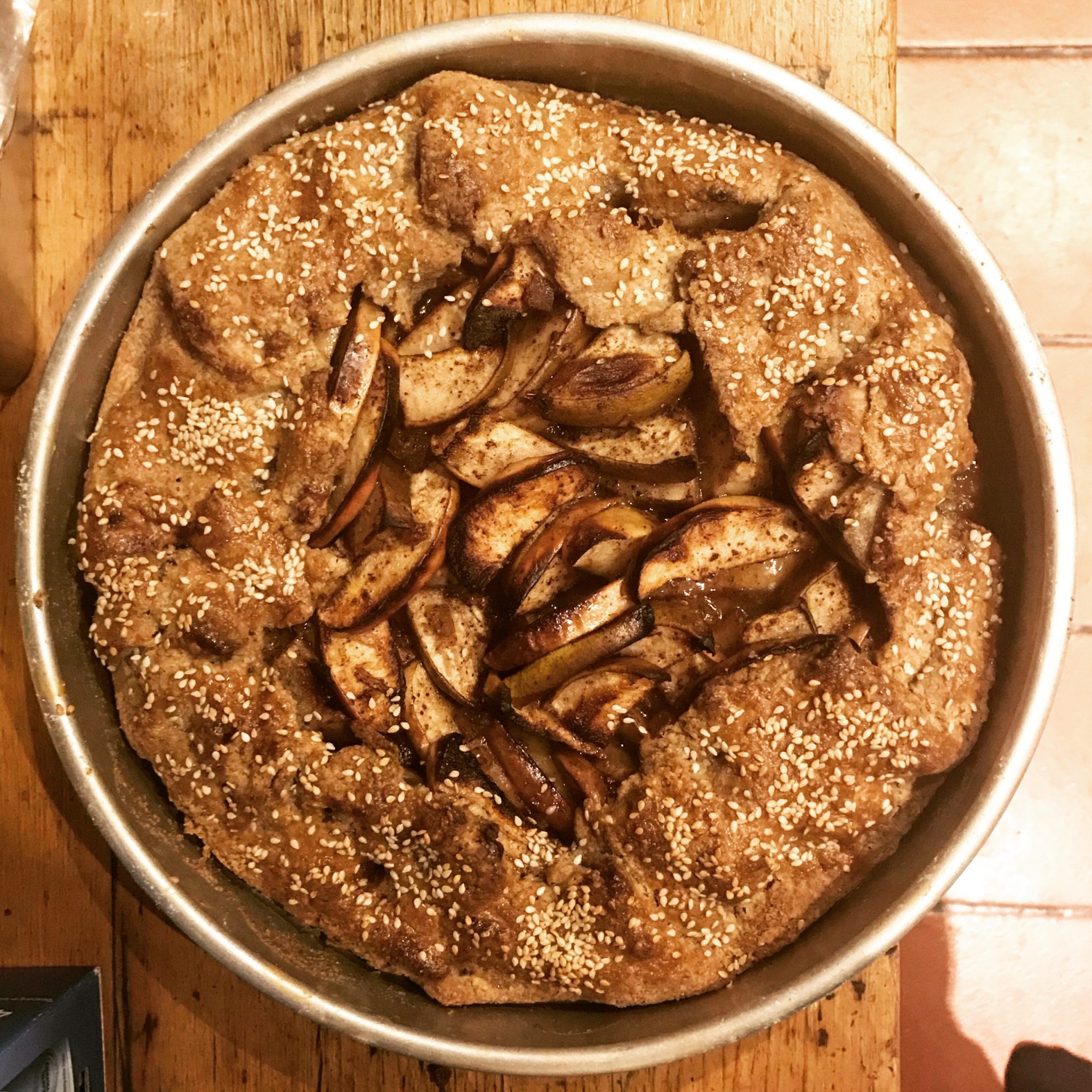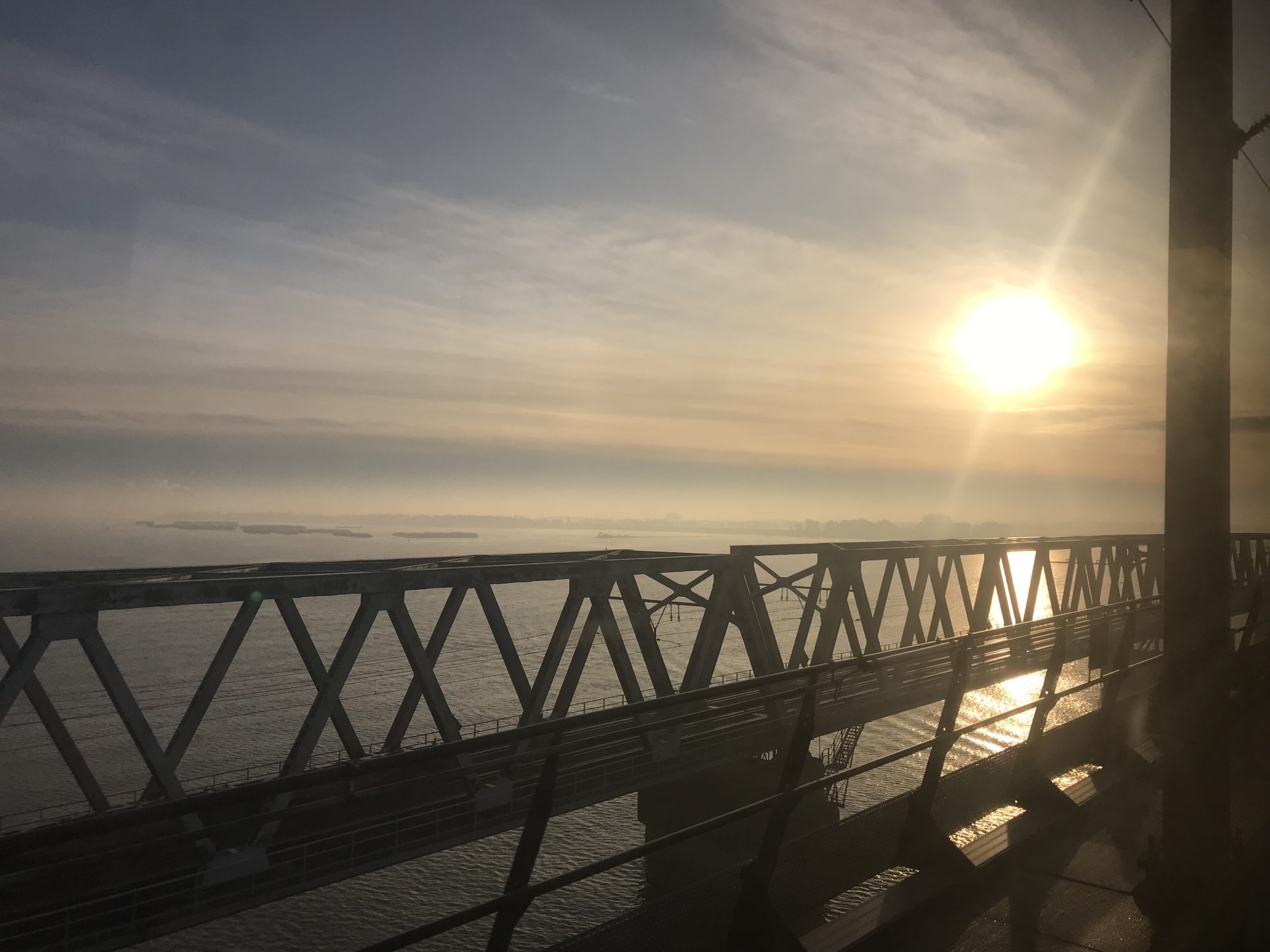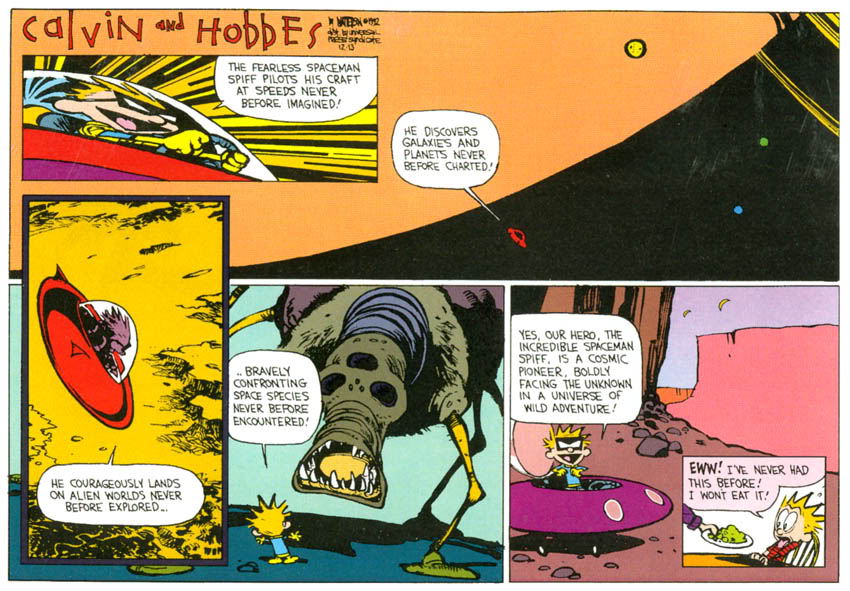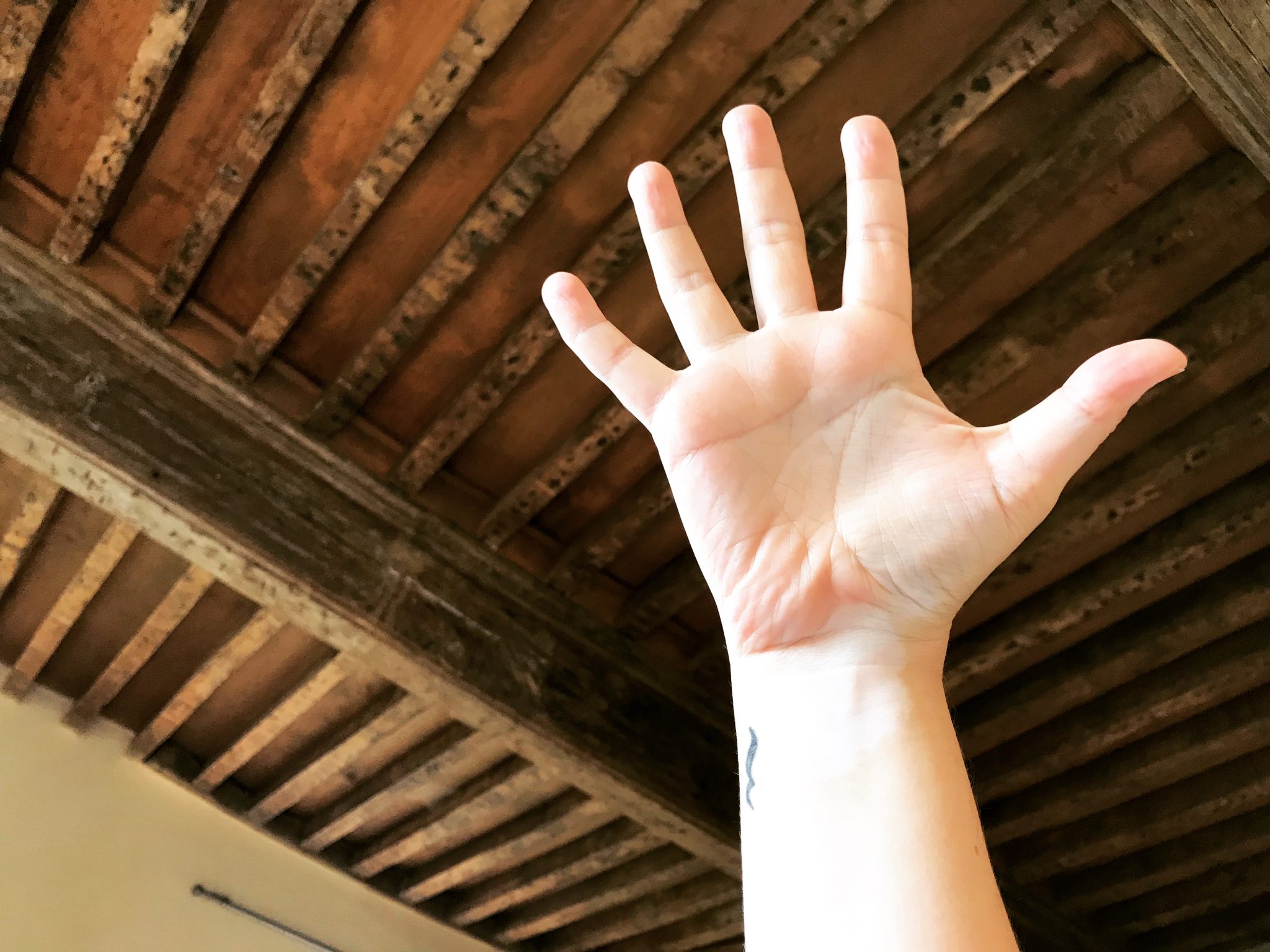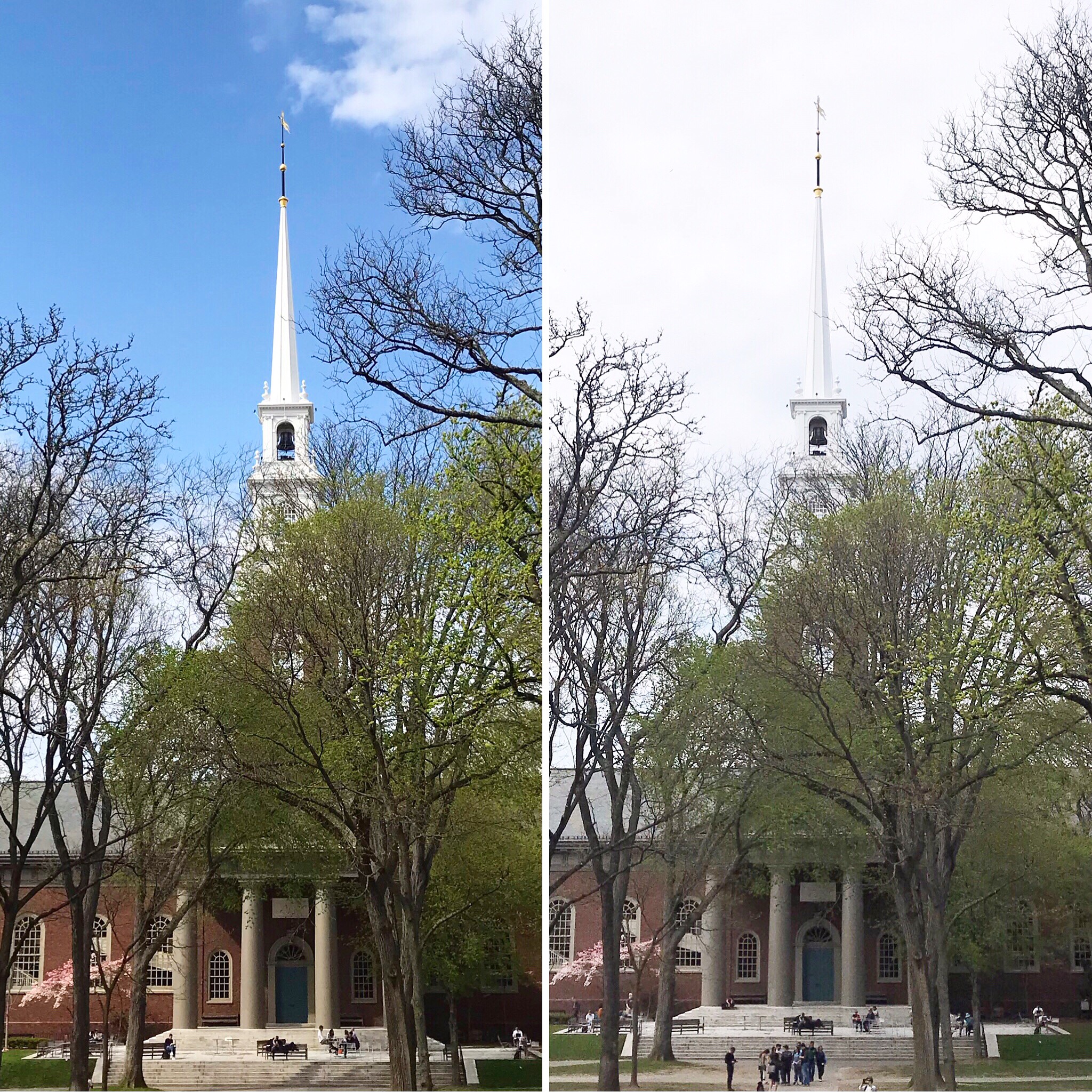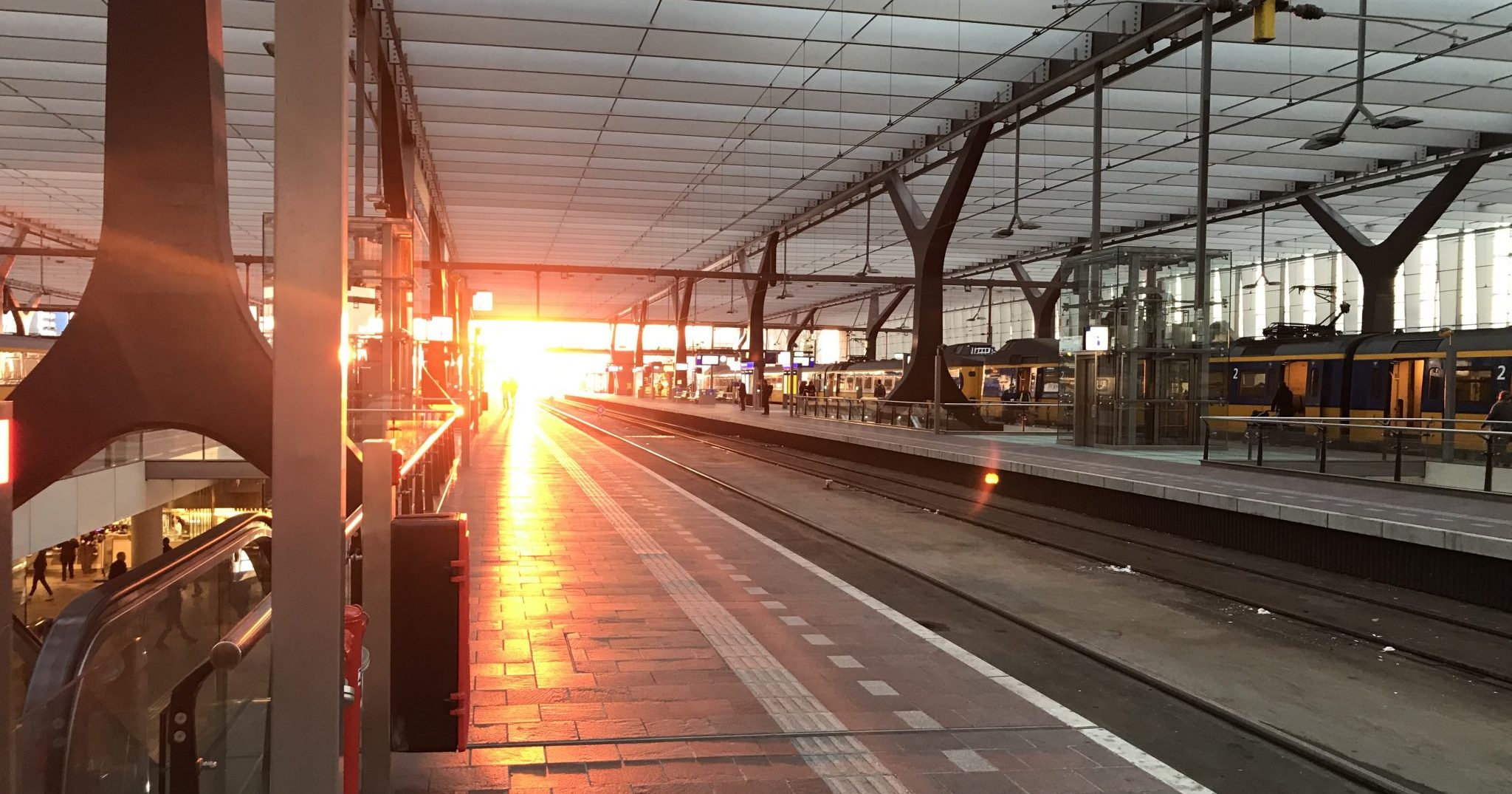Mahler, Berg, and Schubert with Grammy-winning Ludwig
Most of my concerts this spring, summer, and fall were cancelled. But not this one, which went off last week without a hitch, and thank goodness, because it was a complete pleasure from start to finish. Scroll down to listen to our Mahler and Schubert.
Ludwig is a Dutch chamber orchestra that almost exclusively plays without conductor. (A notable exception is whenever they work with Barbara Hannigan, who sings and conducts; their 2018 album Crazy Girl won a Grammy.) I’ve sung with them a few times before, but this project felt extra-special. It was my first time singing Mahler’s Fourth Symphony, a piece on my wish list for the longest time; it was in TivoliVredenburg, a concert hall in Utrecht that feels like home, for an actual (distanced) audience; and it was one of only a few live performances I’ve gotten to do lately, and perhaps the last for a while. The program also included three of Alban Berg’s luscious Seven Early Songs and a ghostly, stunning arrangement of Schubert’s Nacht und Träume.
But back to the Mahler, which felt almost unbearably poignant under the circumstances.READ MORE

